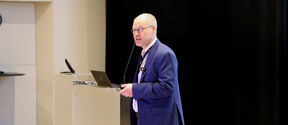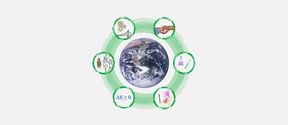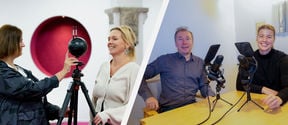Department of Chemistry and Materials Science
World-class materials research
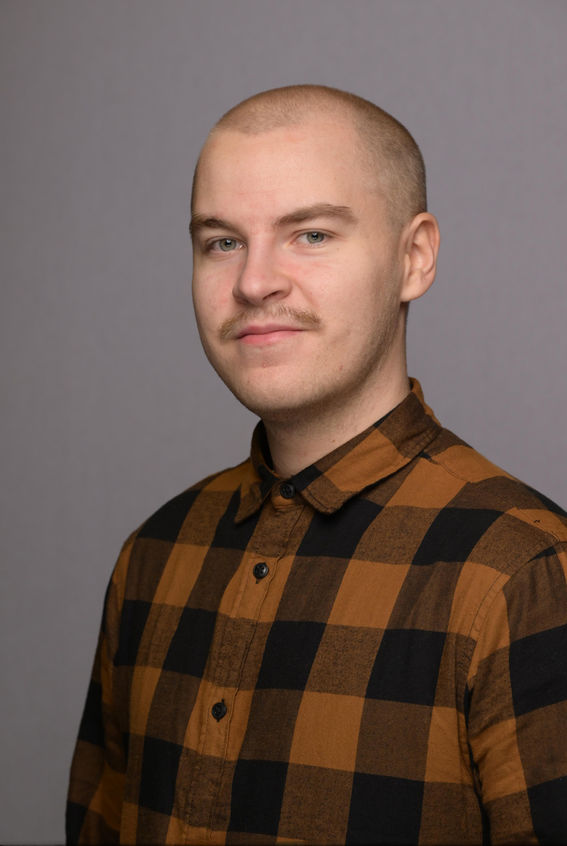
Niko Lindh is studying in the Functional Materials major at the School of Chemical Engineering at Aalto University. The major is part of the Chemical, Biochemical and Materials Engineering master's programme. In the summer of 2023, he is working in Professor Sami Franssila's research group, which develops micro- and nanofabrication processes for applications in fluidic, chemical, biological, mechanical and thermal devices.
Niko is one of the Aalto students who were hired for summer jobs in Aalto University research groups due to a donation from semiconductor industry companies.
Themes related to semiconductor technology have been a significant part of the curriculum since the first courses of my bachelor's studies, and their importance has been emphasised by both professors and industry visitors on several occasions. In my major, I decided to delve deeper into these topics, and fortunately, I have been satisfied with that decision. With my master's thesis and future career in mind, I knew that gaining experience in research work and cleanroom operations would be extremely important.
I hope to learn important skills for engineers, such as the ability to independently plan and perform various experiments. I also believe that working with different devices in various stages of the manufacturing process will help me broaden my knowledge and enhance my overall assessment skills. Embracing and applying a large amount of information will certainly pose its own challenges.
Throughout my studies, I have aimed to maintain a roughly on-track pace in completing courses to keep the workload manageable. For example, during the past academic year, this meant taking about three or four courses concurrently. In the master's phase, courses mainly consist of weekly lectures, laboratory work, and other varied projects such as poster presentations. Usually, there are only a few hours of guided programme on weekdays, and there may even be a "day off" or two in a week. Therefore, most of the work, such as writing reports, is done independently and during my own time. The more informal style of studying has suited me well as I have also been working part-time alongside my studies and have enjoyed it.
During the academic semesters, life is quite free, and there is more time for friends, hobbies, and even occasional celebrations. However, deadlines in the back of your mind can sometimes cause a bit of stress. It can be challenging to find time for proper holidays, even during summers while working. As mentioned before, I have also worked a lot alongside my studies because I believe there is always a use for extra pocket money.
One that comes to mind is the Microfabrication course organised by the head of my research group, which extensively covers topics related to the manufacturing of semiconductor components. During the course, we also had the opportunity to briefly experience and witness cleanroom work during a laboratory demonstration. This greatly helped me prepare for my current summer job.
Working in summer jobs has taught me that often you find yourself in situations where you have no idea what to do, but the knowledge and skills you have acquired help you approach the problem more systematically. In other words, you know where to find the information you need and can adapt your actions through trial and error. In terms of tangible skills, I would say that learning to use various software and practicing data handling and analysis in school has been beneficial.
The strong presence of companies in various career events and significant investments in new facilities and Aalto summer projects have shown that the semiconductor industry is experiencing rapid growth, and companies are willing to invest in future experts in Finland. The ever-electrifying world itself is driving progress and growth. Many companies operating in Finland are also at the forefront of the industry with their products and services, so I believe the future is very promising.
Cliché as it may sound, I would recommend it to anyone. Other summer employees and members of my research group come from very different backgrounds and educational paths. Large companies and organisations undoubtedly have room for all kinds of professionals, from the financial side to the laboratory, especially as the trend is to expand operations in Finland.
The growth of the semiconductor industry and its investments in Finland also increase the need for skilled professionals. Thanks to donations from companies in the industry such as Picosun, an Applied Materials Company, Okmetic, Murata, and KYOCERA Tikitin, Aalto University offers interesting summer job opportunities in the Schools of Electrical Engineering and Chemical Engineering in the summer of 2023. Through these summer jobs, students have the opportunity to gain expertise needed in a growing and international field. They can find their place in areas such as wafer manufacturing, sensors, or process and equipment development.
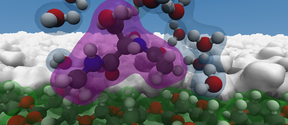
World-class materials research
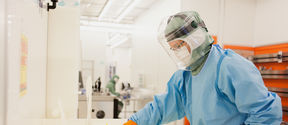
Research group led by Professor Sami Franssila
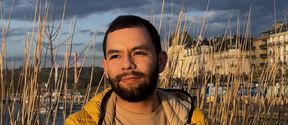
This summer, student Adrián Gutiérrez Cruz is working at the Organic Electronics research group. Since his background is primarily related to material science and chemistry, he is particularly interested in gaining experience and knowledge in the electronic aspects of the semiconductor technology field.
